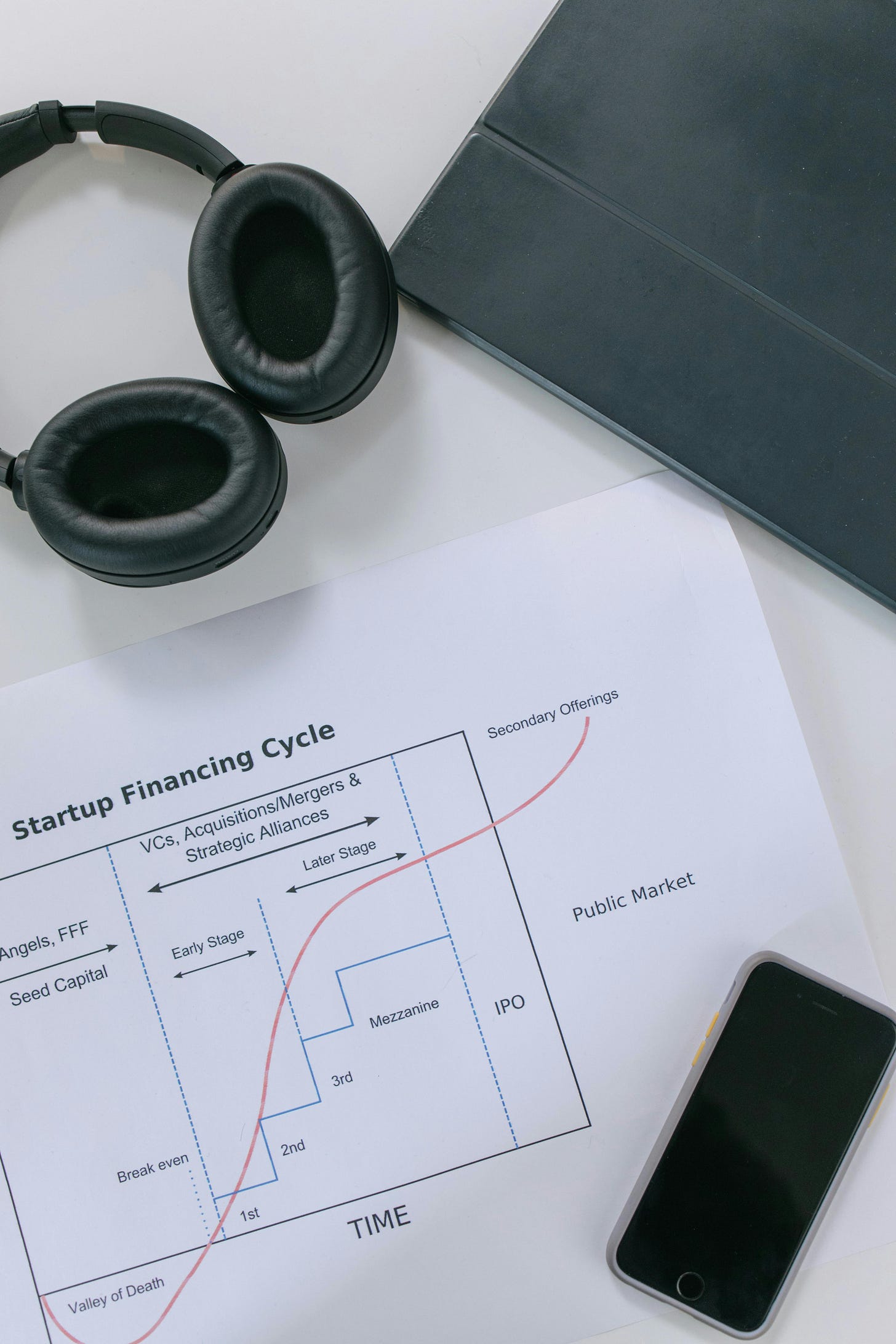Defense Tech Disruption: How Venture Capital and AI are Reshaping the "Human in the Loop" Paradigm, Fundings: FarmWise, Renovate Robotics, Letara
12 March 2025 - A Weekly Publication by New North Ventures
Venture M&A in National Security
The defense industry is witnessing an unprecedented surge in venture capital funding, with investment increasing more than 18-fold over the past decade—from $500 million in 2014 to an estimated $8.7 billion in 2024, according to Bain & Company's 2025 M&A Report. This dramatic growth is positioning new entrants to challenge legacy defense companies through innovation, improved capabilities, and reduced costs. As Bain notes, "Young companies built on that capital are delivering innovation that is improving capability and reducing cost—and positioning those companies to take share."
Despite this influx of capital, many defense tech startups are struggling in today's high interest rate environment. Tanveer Kathawalla, Kris Reddy, and Dahler Battle observe in Breaking Defense that "saddled with ZIRP-era valuations, very good companies, perhaps even those nearing the elusive 'product-market fit,' are currently at the whims of market forces that have left them unable to get off the cheap-cash treadmill." Their research identified 385 potential "venture fallen angels"—companies with promising technology but facing financial headwinds—of which 119 had received some form of federal funding.
For incumbent defense companies, successful navigation of this landscape requires strategic M&A activity. Bain's authors emphasize that "successful incumbents will pursue acquisitions that add capabilities and talent" while ensuring "integration does not stifle innovation or create significant cost structure challenges." The goal should be focused on acquiring unique elements like talent, IP, and technology to deliver value while preserving the innovative development models that made these startups attractive in the first place.
Startups looking to capitalize on this environment should consider consolidation opportunities, focus on demonstrating clear product-market fit, and overcome what Kathawalla and colleagues call the "false fail"—where "the inability to gain traction in the time allotted (before the money runs out) is conflated with building 'bad tech' or a product no one wants." For both buyers and sellers, the current market presents a rare opportunity to reshape the defense industrial base through strategic acquisitions that serve both business interests and national security priorities.
In a timely exploration for Axios published on March 6, "Humans in the loop' make AI work, for now," author Megan Morrone unpacks the increasingly fluid concept that has become central to AI safety discussions. Morrone outlines three distinct interpretations of human involvement with AI systems: where AI assists humans, where AI hands over control at key moments, and where humans review AI's final work. As tech leaders frequently promise human oversight as a safeguard, the article questions what this actually means in practice. "Who these humans are, what the loop is and where exactly the people fit into it remain very much up for grabs," Morrone writes. She highlights the tension in determining appropriate human involvement, quoting OpenAI CEO Sam Altman who acknowledges the spectrum of decisions: "I've never heard anyone advocate that AI should get to make decisions about launching nuclear weapons. I've also never heard anyone advocate that AI shouldn't be used to intercept inbound missiles where you have to act really quickly." As agentic capabilities grow more sophisticated, Morrone cautions that "today's 'humans in the loop' promise could end up as just a placeholder," raising critical questions about the future of human-AI collaboration.
More links to explore:
Founded: 2016
Key People: CEO Tjarko Leifer
Elevator Pitch: Developer of farming robots designed to facilitate autonomous cultivation and organic farming. The company's robots leverage machine learning and artificial intelligence for taking on cultivation tasks including weeding, planting, sowing, and soil tilling using adaptable machinery, and its autonomous vegetable weeder assists in getting rid of herbicides, enabling farmers to nurture each plant, grow healthier crops and enjoy profits.
Funding: The company raised $21.72 million of venture funding from Calibrate Venture, Riverstone Ventures and other undisclosed investors on March 7, 2025.
Founded: 2021
Key People: CEO Andy Stulc
Elevator Pitch: Developer of an automation technology designed for construction purposes. The company specializes in machine design, control engineering, and software development and is also building an automated roofing robot that enables roofers to save time, cost, and lives, enabling the construction industry with increased productivity and quality through automation.
Funding: The company raised an undisclosed amount of venture funding from Saint-Gobain NOVA and Beacon Roofing Supply on March 10, 2025.
Founded: 2024
Key People: CTO Landon Kamps
Elevator Pitch: Operator of a space technology platform intended to serve a logistics network covering the solar system. The company's platform develops a safe and high-thrust propulsion system using plastic and provides it for small satellites working on research and development, enabling businesses with inexpensive propulsion system technology for small satellites, improving earth orbital activities, and deep space.
Funding: The company raised $4.4 million of seed funding from Toyoda Gosei Company, North Pacific Bank and Kushiro Manufacturing on March 11, 2025.
In our most recent episode of the Securing the Future Podcast, general partner Jeremy Hitchcock sits down with Nicholas Fitzgerald a strategic advisor to global corporations, law and private-equity firms, sovereigns, and others facing high-stakes reputational, commercial, PR, regulatory, and policy challenges. Together, they dive into how commercial and national security sectors collaborate to drive innovation.



